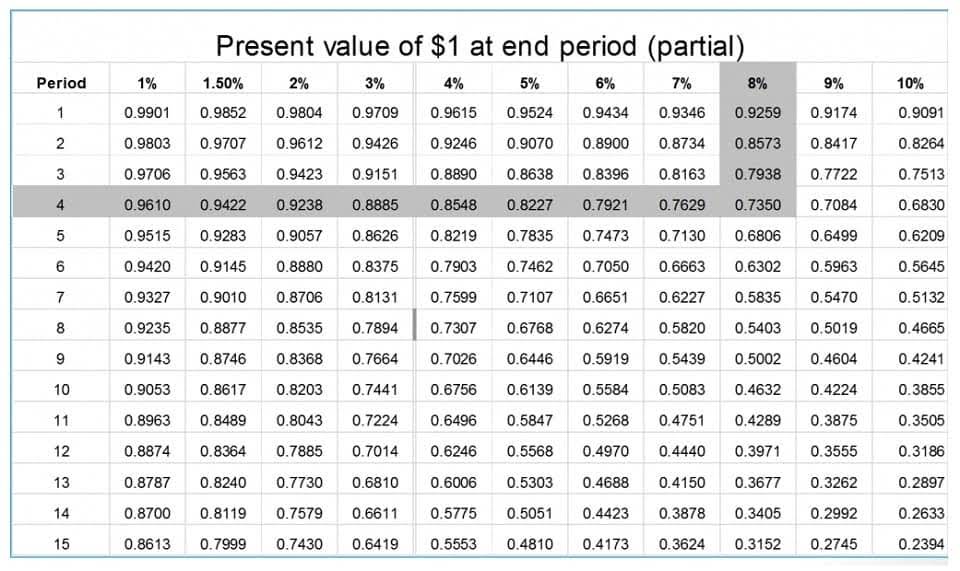
Financial accountants must conform to certain standards to maintain the company’s publicly traded status. Even privately-held companies in the U.S. must conform to GAAP standards in order to meet the disclosure requirements of financial institutions that they borrow money from. Managerial accounting reports are highly detailed, technical, specific, and even exploratory in nature. Companies are always looking for a competitive advantage, so they may examine a multitude of details that could seem pedantic or confusing to outside parties. Our discussion of accounting and finance has revealed numerous ways in which these two disciplines inform and augment each other.
Therefore, it must comply with a set of accounting standards, such as general principles, liabilities, revenue, equity, etc. In financial accounting, rules are set by specific standards like IFRS (International Financial Reporting Standards) or GAAP (Generally Accepted Accounting Principles). In contrast, management accounting is not legally required to follow specific criteria, as the reports are only used within the organization. The reporting foci of financial accounting include reporting the company’s financial conditions and the end results on a particular date. In financial accounting, the reporting is focused on history, the prior year, or quarter; whereas, in management accounting, the reporting is focused on the present and future. Essentially, the main focus is to provide information in order to help management.
Future vs. Past
Since the reports are used internally, and not typically released to the general public, the presentation of any assumptions does not have to follow any industry-wide guidelines. Each organization is free to structure its reports in the format that organizes its information in the best way for it. Managerial accounting is the process of analyzing, interpreting, and measuring an organization’s financial processes. This type of accounting uses data to help provide leaders with insight for strategic financial planning that aligns with that organization’s goals and business objectives. In managerial accounting, the main focus will be on financial decisions that affect the internal workings of a company. For example, managerial accountants may help leaders decide whether or not to raise the cost of goods and services.
- The former enables effective decision-making by expanding existing data, and the latter—by summarizing existing data.
- Financial accounting is responsible for making detailed reports of a company’s financial statements and communicating financial information to company leaders and shareholders.
- When managerial accounting focuses on internal consumption, there’s no need to follow a set of standards, whereas financial accounting is meant for internal and external consumption.
- Ideally, your business needs both sides — managerial accounting and financial accounting — to be successful.
- During this staff planning session, you create a training plan for getting newer salespeople up to speed, while also estimating the amount of new revenue needed to make up for the expected loss next year.
- Because financial accounting typically focuses on the company as a whole, external users of this information choose to invest or loan money to the entire company, not to a department or division within the company.
Managerial accounting provides the essential data with which organizations are actually run. Financial accounting provides the scorecard by which a company’s past performance is judged. Managerial accounting and financial accounting have many differences, stemming from financial accounting looking at the company as a whole financial accounting and managerial accounting looking at specific management issues and how to solve them. The information contained in financial accounting reports has a tendency to be compiled, condensed, and generalized for a number of reasons. At the same time, that information is becoming more open, and it is also becoming less revealing.
Essential Finance Skills
The legal standing of an organization is the factor that most starkly differentiates financial accounting from management accounting from a practical standpoint. The reports created by management accounting are exclusively distributed within an organization, while financial accounting can also be used externally. Despite having differences in who their users are, financial accounting and management accounting have one significant similarity. Both of these fields use reports and analysis to disclose accounting information to specific users.

Managerial accountants operate within a company, supporting the dissemination of financial data and reports to leaders. When looking at the objectives and the kinds of information they handle, managerial and financial accounting overlap in a couple of ways. Managerial accounting aligns its goals with strategic decision-making and financial processes within an organization. If you want to learn more about financial accounting vs. managerial accounting and have some of the most common questions answered, such as “Is managerial accounting more difficult than financial accounting? ”, “What are the similarities between financial accounting and managerial accounting?
